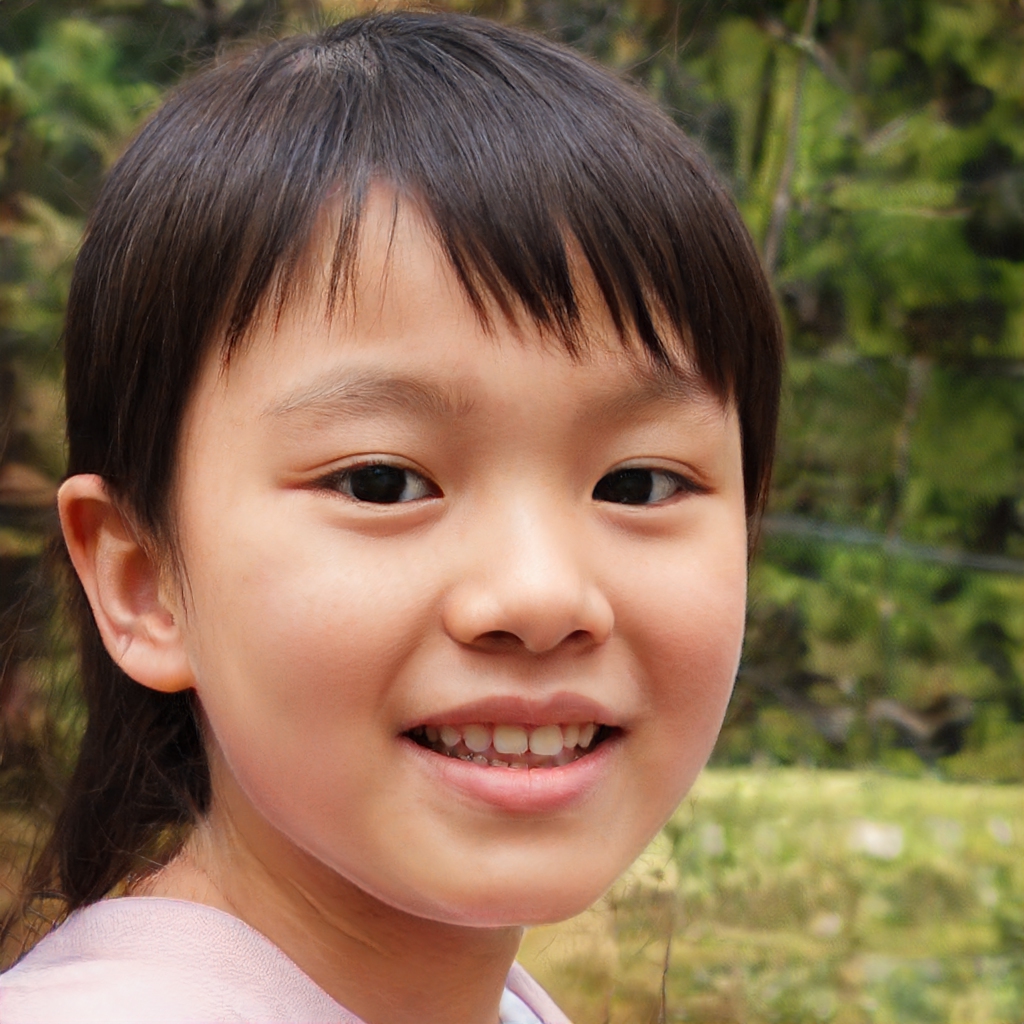In Japan, 15 rare cherries have been sold for 3,400 euros: it's the Aomori Heartbeat variety, unique in the world.
450,000 yen, or 3,400 euros: this is the price paid in Japan by a buyer who bought 15 rare cherries at auction. A record sale that is being discussed above all for the cost of the fruit, equal to about 230 euros per cherry.
Aomori Heartbeat, the rare cherries of Japan
Denominated Aomori Heartbeat, the cherries sold at auction are really special. The variety is the result of years of cross-breeding and studies that have resulted in extreme sweetness and a vibrant red color. Not only that, Aomori Heartbeats - as they are commonly called - are also quite large (they have a minimum width of 31 millimeters) and with a juicy pulp. Cherry experiments, between crosses and trials, began in the late 1990s by the Kennan Fruit Tree Section of the Apple Research Institute, at the Industrial Technology Research Center in Aomori.
Crossbreeding was conducted by selecting more than thirty varieties. The lab-born fruits are very popular in Japan and particularly rare. Only a few are produced, which justifies the high price. The project created at the table has allowed the cherries to become popular and today they are in demand by billionaires and connoisseurs. Just think that the package of cherries Aomori Heartbeat was sold in a few minutes and the local authorities have already announced a campaign for their export. The goal is to market them in limited numbers in stores in Hong Kong and in luxury restaurants in Japan for a select and demanding clientele.
Fruit in Japan between science and sacredness
The very rare Aomori Heartbeat cherries, the result of studies and a long work by scientists, are not an isolated case in Japan. According to the culture of this country in fact the fruit is something rare and special that should be given on important occasions and is a precious gift. For this reason prices are very high and every fruit must respect strict standards. The Japan Agricultural Cooperative (JA), the national regulatory body, establishes size, taste and color, in order to reach perfection. Melons, for example, are exclusively cultivated in orderly rows and must be placed at the same height. Periodically the plants are controlled by specialized workers that in many cases decide to give melons particular caps in order to protect them from the sun. The result is impeccable melons which cost even 230 euros each. The same rules are applied to mangoes, apples and khakis, result of studies and experiments in laboratory and of a very strict control during cultivation.
